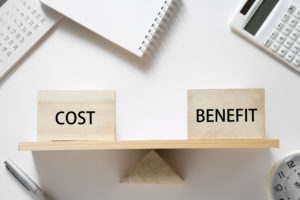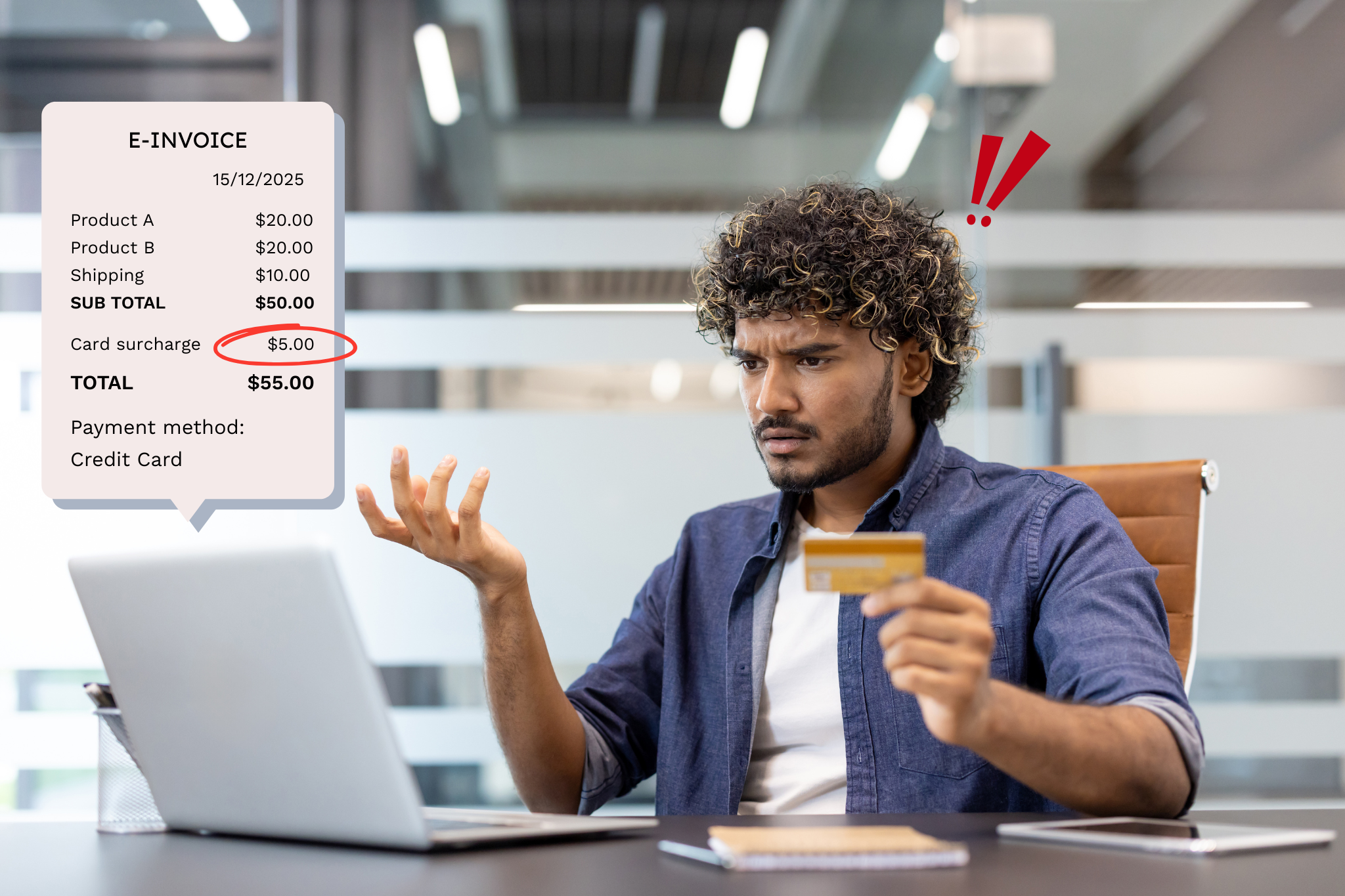
Why you are spending more with Buy Now, Pay Later services like Afterpay and Zip
Last updated on February 3rd, 2026
The use of Buy Now, Pay Later (BNPL) services like Afterpay and Zip are gaining in popularity. After many years of debate, BNPL is still not considered a loan and there are no laws to protect customers. Instead of laws, a Code of Conduct created by the industry for the industry has been released in Australia. We examine the mechanics of these guidelines, what it means for your purchasing power and the things you can do to prevent mishaps.
What is Buy Now, Pay Later
Buy Now, Pay Later allows you to purchase a product or service, get it upfront, and pay for it later in instalments. Access to money is faster and easier than through a credit card or loan, because BNPL companies are not required to check if you have the ability to repay the money they provide you.
Recently, I did a segment on Channel 7’s The Morning Show about the popularity of Buy Now, Pay Later (BNPL). Australians can access funds of up to $30,000 from these services from a range of merchants including retail, health services, travel, and electronics. You can even book flights using these services.
Check out the video below to learn more about BNPL and the things you need to know about subscribing to this service.
Raise Your Voice - Vote Below!
Why is BNPL, like Afterpay or Zip, popular with merchants
Offering Buy Now, Pay Later is popular with merchants because it increases sales and decreases returns. BNPL offers sellers lower cart abandonment, customers who buy more overall, and shoppers who buy more expensive items. That means the seller makes more money with less effort, as customers are spending more and returning less. The results from an ASIC (Australian Securities & Investment Commission) survey below explain how customers are spending more with BNPL.
-
- 81% of us believe that Buy Now, Pay Later allows us to ‘buy more expensive items that I couldn’t afford to buy in one payment’;
- 70% of consumers believe that these arrangements allow us to ‘be more spontaneous when I’m buying goods and services’; and
- 64% of us believe that these arrangements allow us to ‘spend more than I normally would’.
Why have a Code of Conduct for BNPL
BNPL companies, like Afterpay and Zip, have been lobbying the government to avoid the National Credit Act requirements. This means there are no limits to how many companies you can sign up with. These services want to lend to you in exactly the way that makes them the most amount of money. Which is, the maximum you WILL pay, not the maximum you CAN pay.
For now, the government has not created rules for BNPL or made the industry comply with the existing Credit Act, which credit card and loan providers are required to follow. Instead the industry has created guidelines, called a Code of Conduct.
The Code of Conduct:
- is voluntary guidelines not government regulations;
- was created by the BNPL sector;
- has only eight of Australia’s Buy Now, Pay Later companies signed up; and
- went into effect on March 1, 2021.
The eight companies who have signed up to the Code of Conduct include Afterpay, Brighte, Humm Group, Klarna, Latitude, Openpay, Payright and Zip Co.
Afterpay and Zip have agreed to these terms in the Code of Conduct
BNPL companies like Afterpay and Zip use sophisticated technology to get you to buy and to use your data. Yet these guidelines are so basic, without a hint of the technology powering their selling engines. Below are some of the guidelines from the Code of Conduct for you to consider for yourself:
- 'We will contact you before commencing to charge late fees.'
- 'If we charge a late fee, it will be fair, reasonable, and capped.'
- 'We will give you at least 40 Days’ notice in writing before introducing new fees or increasing existing fees.'
- 'We will provide information on our website about how to close or deactivate your account in a readily available and simple manner. If you request this information from us, we will provide it to you within 7 Days.'
It is worthwhile noting that there is nothing to stop BNPL companies from selling your debt to debt collectors.
Do BNPL debts affect your credit score or history
Under the guidelines, you will not need to provide details, like a bank statement, to prove you can afford a purchase, unless you are spending above a $2,000 threshold. If you are spending over $2,000, the Code outline some checks. However, these checks are very similar to those currently completed by BNPL companies. Also, it is in the BNPL company's best interest to perform some checks. Where they provide you access to larger amounts of money they want some assurances you will pay it back.
Currently, there are no legal obligations for companies lending to you to ask for information about your BNPL history. However, you may find that during the application process for a credit card or a loan, you are asked for details of any BNPL services you use. This valuable information is included in your application for a loan or credit card because it indicates if you may be interested in additional BNPL services. And any existing BNPL accounts may also impact your ability to repay a credit card or a loan.
Where are the laws with Buy Now, Pay Later

Currently, government regulators have not created rules for BNPL or made the industry comply with the existing Credit Act which credit card and loan providers are required to follow.
Most transactions made with BNPL are under $500 and a good number of their customers have accessed $2,000 or less with each service provider. Compare these amounts with the value of a home mortgage which may be $500,000, a million dollars or more. Perhaps the government regulators have been convinced that BNPL cannot do financial harm to consumers.
Why Buy Now, Pay Later services like Afterpay and Zip are so compelling
The emotional experiences of using Buy Now, Pay Later services like Afterpay or Zip are not yet well understood and that is a big deal.
More than half of people using these services start using them because they see them as a payment option in the shopping cart. And the typical Buy Now, Pay Later customer is younger, with 60 percent of users aged between 18 to 34 years old.
Personally, when I first signed up to BNPL it was with Afterpay. I remember experiencing a quick and slick signup process and a rush of excitement as my account was created. The Afterpay app flashed a dollar amount that I was approved to spend, and I was emotionally primed to do just that.
As I visited a store, I had the dollar amount that I had been approved front-and-centre as my target spend amount. I was uncharacteristically compelled to purchase the full amount of my approved limit. Purchasing with the Afterpay app, I was no longer thinking about the total price of my purchase. Instead, I was considering only one 'installment' amount.
This experience is such a contrast to how I usually shop. Ordinarily, I know what I want to purchase and I select the items I like. At the end of the shop, I consider the individual price of the items, as well as the total amount. I discard items that exceed the amount I planned to spend, before heading to the register.
Effectively, Afterpay told me what I should spend and I was compliant all the way. And I could feel that my judgement for money management was impaired during the whole shopping process.
I am a savvy shopper with more experience than most BNPL customers. I felt compelled to spend more with BNPL than I usually would.
Top tips for using BNPL
- BNPL services like Afterpay and Zip use strategies to get you to spend more money. Before hitting the shops, in-person or online, write a list of the items you are after and the maximum amount you will spend on each item. Also, set a limit for the total purchase amount.
- I am seeing new BNPL businesses launching every week. Signing up with multiple BNPL services will make it hard for you to keep track. Think of each BNPL company you sign up with as a separate 'wallet'. Keep the number of 'wallets' manageable.
- If you find yourself in Buy Now, Pay Later debt, pay-off debt with the biggest fees and charges first.
Comparing Buy Now, Pay Later service providers like Afterpay and Zip

Each provider has a different fee structure. Fees can include:
- establishment and redraw fees;
- regular account keeping or administration fees;
- payment processing fees; and
- missed payment fees and/or account closure fees.
If something goes wrong
If you have subscribed to a BNPL service and encountered a problem with your provider, deal with it there and then. Delaying may cause unwanted fees and charges to your account. Here is what you can do:
Step 1: Compile all the documents and contracts you have relating to your BNPL service.
Step 2: Use Handle My Complaint to file a complaint in writing, give us a full account of what happened, and copies of the contract. We will send you confirmation of your complaint and if you have an account with us, we will keep a copy of this complaint for future reference.
You should always lodge your complaint as soon as you find out about it as time limits apply to your right to complain.
If you have subscribed to a BNPL service and have been unhappy with the experience and want to lodge a complaint, we will help you file your complaint correctly. We are here to help you handle it. Just say the magic words 'Help Me Handle It'.






